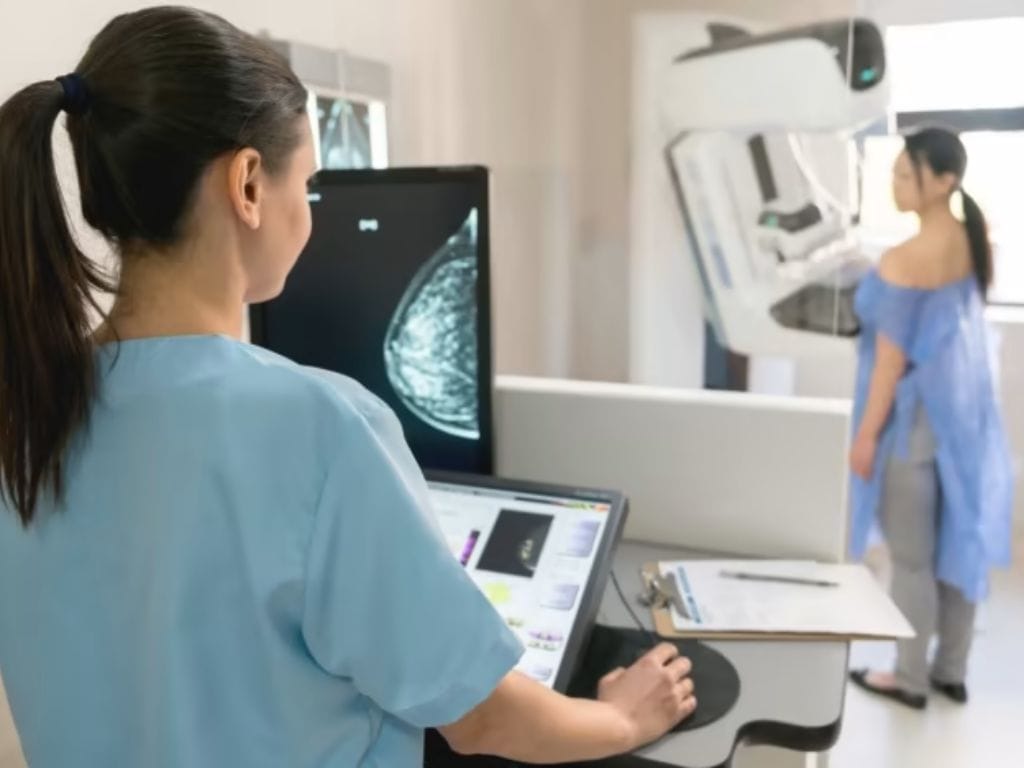10 Things You Need to Know about Breast Cancer in Singapore
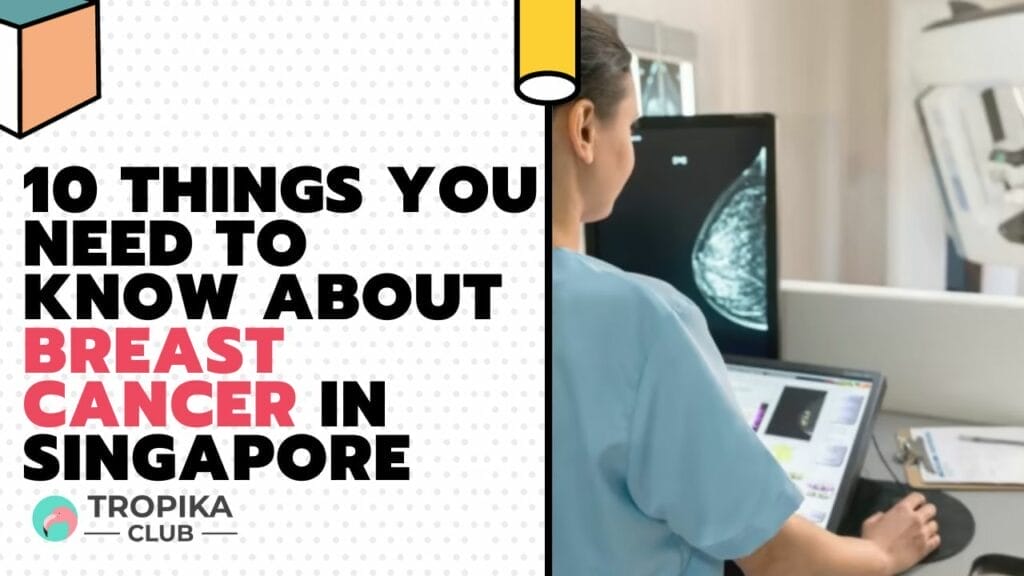
No Time to Read? Here’s a Snappy Summary of This Article
- Pink Warrior Battles: Uncover vital insights on breast cancer, empowering you to join the fight against this formidable foe.
- Silent Threat: Breast cancer awareness goes beyond October; understand the silent threat and year-round precautions to safeguard well-being.
- Early Detection Magic: Learn the art of early detection, where vigilance and routine screenings unveil a powerful weapon against breast cancer.
- Genetic Chess Game: Dive into the genetic complexities, unraveling the chess game between genes and breast cancer susceptibility in Singapore.
- Holistic Resilience: Explore holistic approaches, from emotional support networks to lifestyle choices, fortifying resilience in the face of breast cancer.
- Innovations in Hope: Delve into Singapore’s cutting-edge advancements, where medical innovations spark hope and redefine the landscape of breast cancer treatment.
Table of Contents
- No Time to Read? Here’s a Snappy Summary of This Article
- 1. Breast cancer is not a death sentence
- 2. Breast cancer can affect men too
- 3. Family history is not the only risk factor
- 4. Mammograms are the best way to detect breast cancer early
- 5. Breast self-examination is not enough
- 6. Not all breast lumps are cancerous
- 7. There are different types and stages of breast cancer
- 8. There are various treatment options for breast cancer
- 9. Breast reconstruction is possible after mastectomy
- 10. There is support available for breast cancer patients and survivors
- Meanwhile, Check Out Tropika Club’s Ecosystem of Websites
Introduction
Breast cancer is the most common cancer among women in Singapore, and it can affect anyone regardless of age, race, or lifestyle. However, many people are unaware of the facts and myths surrounding this disease, and how to prevent and detect it early. In this article, we will share 10 things you need to know about breast cancer in Singapore, from the risk factors and symptoms to the treatment options and support available.
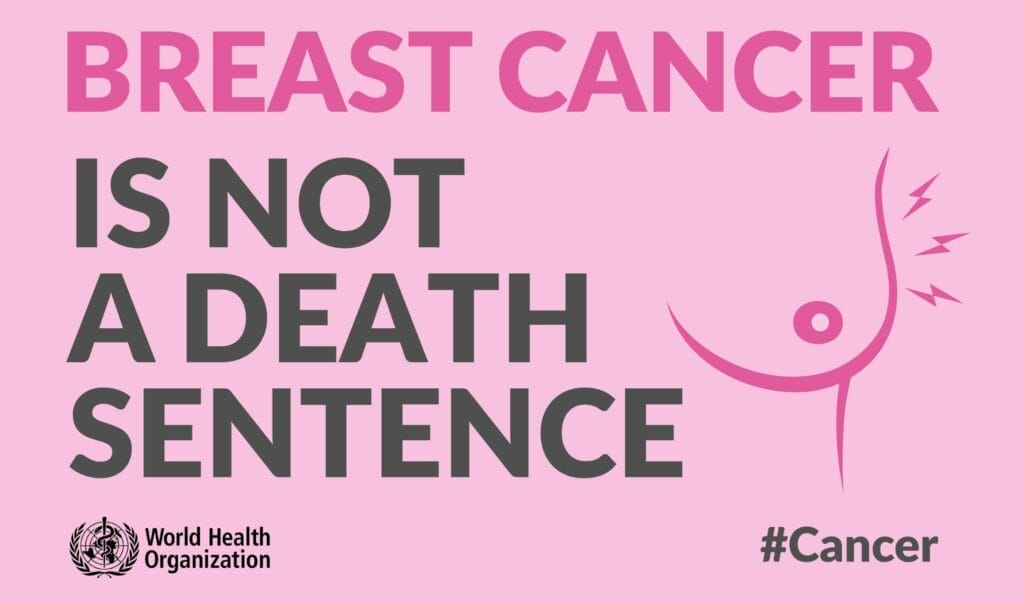
1. Breast cancer is not a death sentence
Many people think that breast cancer is a fatal disease, but this is not true. With early detection and treatment, breast cancer can be cured. According to the Singapore Cancer Registry, the 5-year survival rate for breast cancer patients diagnosed between 2013 and 2017 was 88.9%. This means that almost 9 out of 10 women who had breast cancer survived for at least 5 years after diagnosis.
2. Breast cancer can affect men too
Although breast cancer is much more common in women, men can also get it. This is because men have a small amount of breast tissue behind their nipples, where cancer cells can develop. However, male breast cancer is very rare, accounting for less than 1% of all breast cancer cases in Singapore. The symptoms and treatment of male breast cancer are similar to those of female breast cancer.
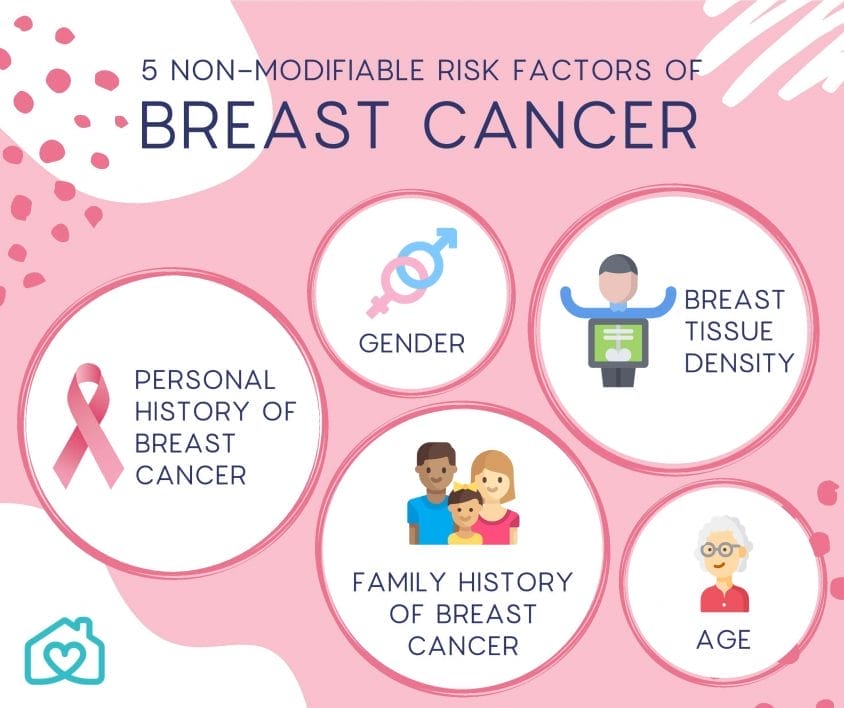
3. Family history is not the only risk factor
Many people think that they are safe from breast cancer if they do not have a family history of the disease, but this is not true. In fact, most women who get breast cancer do not have a family history of it. Other risk factors include age, obesity, hormone replacement therapy, alcohol consumption, and lack of physical activity. Therefore, it is important to adopt a healthy lifestyle and go for regular screening regardless of your family history.
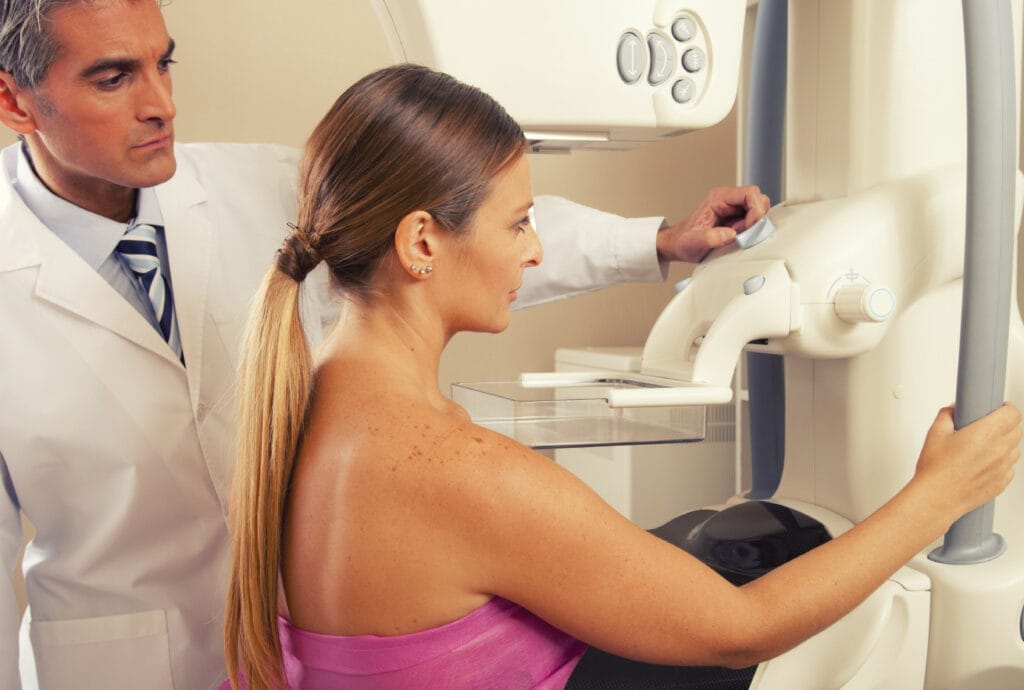
4. Mammograms are the best way to detect breast cancer early
A mammogram is an X-ray of the breast that can detect small lumps or abnormalities that may not be felt by hand. Mammograms can detect breast cancer up to two years before it becomes noticeable. The Singapore Health Promotion Board recommends that women aged 50 and above go for a mammogram once every two years as part of the national screening programme. Women aged 40 to 49 can also go for a mammogram after consulting their doctors.
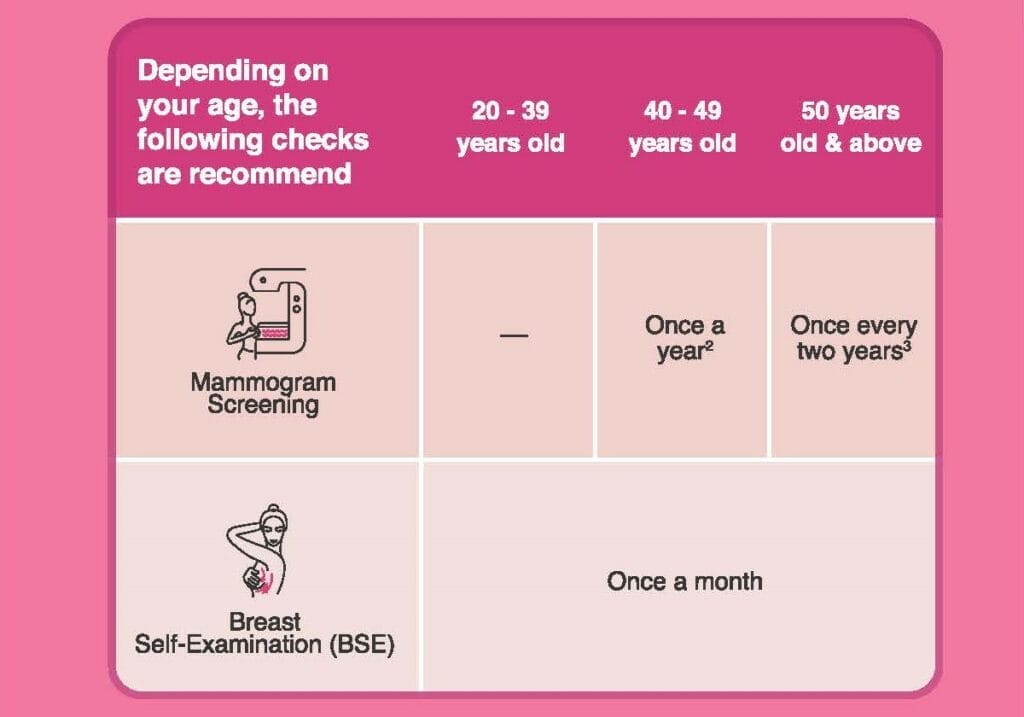
5. Breast self-examination is not enough
While breast self-examination (BSE) can help you become familiar with your breasts and notice any changes, it is not a reliable way to detect breast cancer. This is because BSE can miss some lumps or abnormalities that are too deep or too small to be felt by hand. Moreover, BSE can cause unnecessary anxiety or false reassurance if you do not know what to look for or how to do it correctly. Therefore, BSE should not replace mammograms or clinical breast examinations by a doctor.
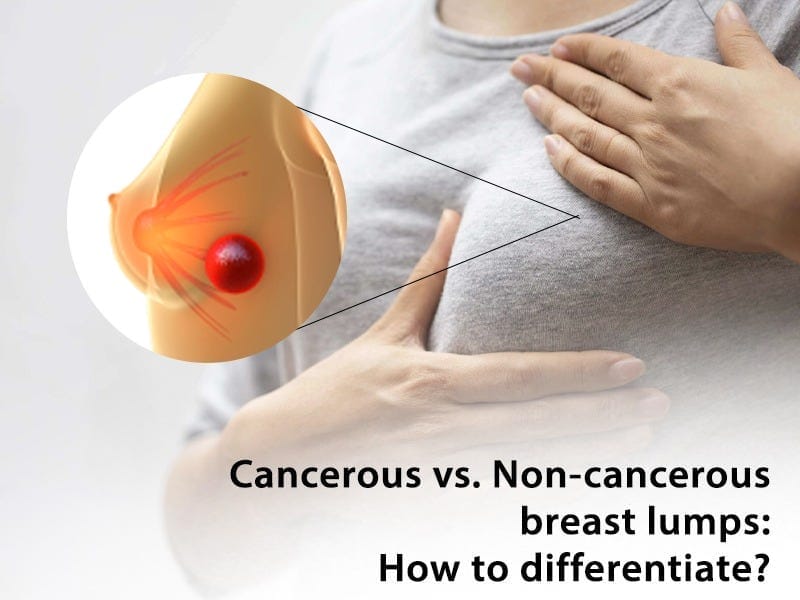
6. Not all breast lumps are cancerous
If you find a lump in your breast, do not panic. Most breast lumps are benign, which means they are not cancerous and do not spread to other parts of the body. Some common types of benign breast lumps include fibroadenomas, cysts, and fibrocystic changes. However, some benign breast lumps may increase your risk of developing breast cancer in the future, so it is important to see a doctor if you notice any changes in your breasts.
_
Read Also:
7 Things that can Influence your Breast Size
_
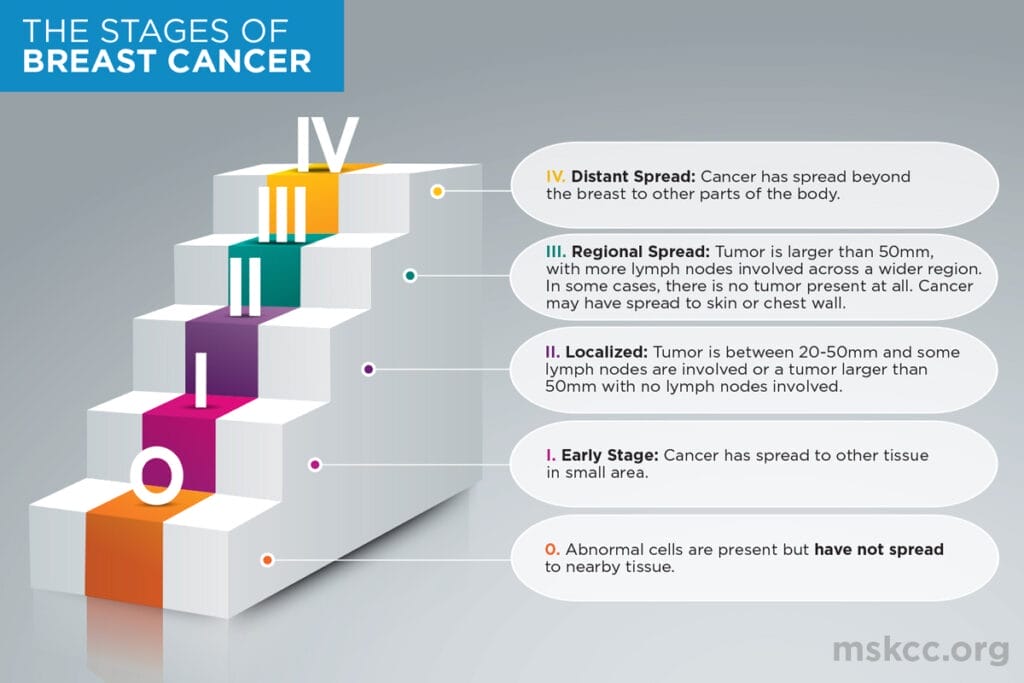
7. There are different types and stages of breast cancer
Breast cancer is not a single disease, but a group of diseases that differ in their characteristics and behaviour. Some common types of breast cancer include ductal carcinoma in situ (DCIS), invasive ductal carcinoma (IDC), invasive lobular carcinoma (ILC), and inflammatory breast cancer (IBC). Breast cancer is also classified into different stages based on the size and spread of the tumour, from stage 0 (non-invasive) to stage IV (metastatic). The type and stage of breast cancer affect the prognosis and treatment options for each patient.
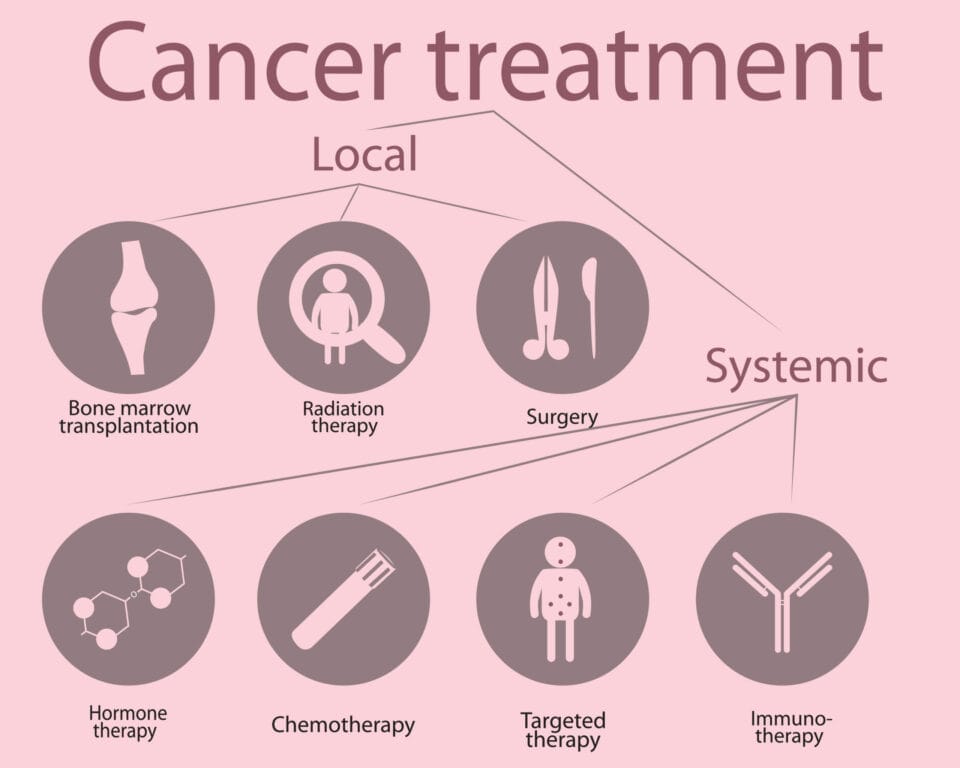
8. There are various treatment options for breast cancer
The treatment of breast cancer depends on the type and stage of the disease, as well as the patient’s preferences and overall health condition. Some common treatment options include surgery, chemotherapy, radiotherapy, hormone therapy, targeted therapy, and immunotherapy. These treatments can be used alone or in combination to remove or destroy the cancer cells and prevent them from coming back or spreading to other parts of the body.
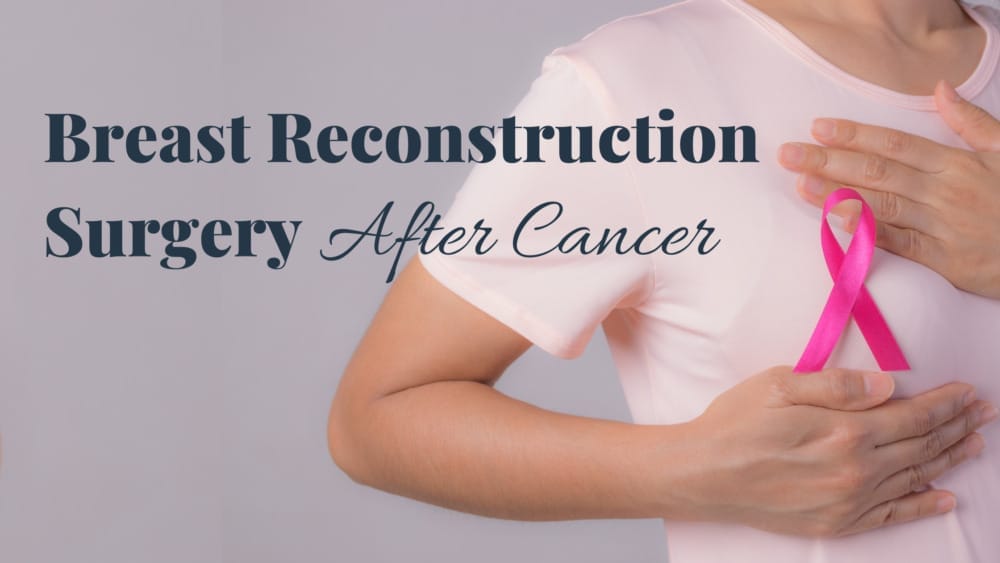
9. Breast reconstruction is possible after mastectomy
A mastectomy is a surgery that removes the entire breast to treat or prevent breast cancer. Some women may choose to have breast reconstruction after mastectomy to restore the shape and appearance of their breasts. Breast reconstruction can be done using implants or using the patient’s own tissue from another part of the body. Breast reconstruction can be done at the same time as mastectomy or at a later date, depending on the patient’s situation and preference.
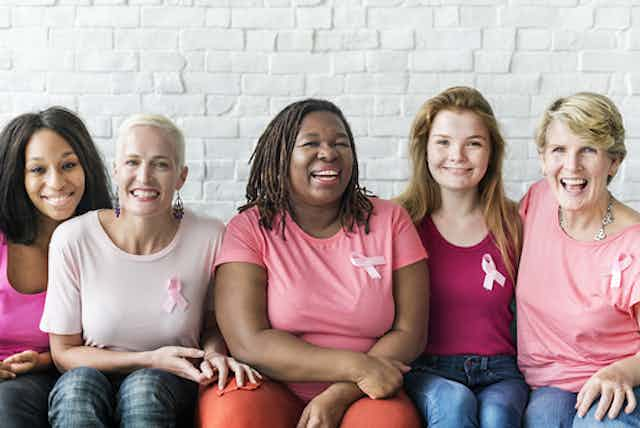
10. There is support available for breast cancer patients and survivors
Breast cancer can affect not only the physical health, but also the emotional and social well-being of the patients and survivors. Therefore, it is important to seek support from family, friends, healthcare professionals, and support groups. There are many organisations in Singapore that provide information, counselling, financial assistance, peer support, and other services for breast cancer patients and survivors. Some examples are the Breast Cancer Foundation, Singapore Cancer Society, and National Cancer Centre Singapore.
Conclusion
Breast cancer is a serious but treatable disease that affects many women in Singapore. It is the most common cancer among women in Singapore, accounting for 29.4% of all female cancers. However, with early detection and treatment, the survival rate for breast cancer patients is high, reaching 88% for the period 2012-2016. Therefore, it is important to know the facts and myths about breast cancer, and to take steps to prevent and detect it early.
Some of the facts about breast cancer are that it can affect women of any age, race, or family history, but the risk increases with age, certain genetic mutations, and lifestyle factors. Some of the myths about breast cancer are that it is contagious, that wearing a bra or using antiperspirants can cause it, or that having a mastectomy means losing your femininity. These myths are not based on scientific evidence and can cause unnecessary fear and anxiety.
To prevent and detect breast cancer early, you can adopt a healthy lifestyle, such as maintaining a healthy weight, exercising regularly, limiting alcohol intake, and avoiding smoking. You can also perform regular breast self-examination and go for mammogram screening every two years if you are aged 50 and above or have a family history of breast cancer. If you notice any changes in your breasts, such as lumps, pain, discharge, or skin changes, you should consult your doctor as soon as possible.

Frequently Asked Questions (FAQ)
Q: How prevalent is breast cancer in Singapore?
A: Breast cancer is the most common cancer among Singaporean women; discover more insights in our comprehensive guide.
Q: Can men get breast cancer?
A: Yes, men can get breast cancer. Explore our blog to understand the risks and prevalence in the Singaporean context.
Q: What are the key signs of breast cancer?
A: Learn about crucial signs to watch for in our guide, enhancing your awareness and promoting early detection.
Q: How often should I go for breast cancer screenings?
A: Regular screenings are vital; our blog provides guidelines on frequency and the importance of routine breast health check-ups in Singapore.
Q: Are there support groups for breast cancer patients in Singapore?
A: Yes, explore our blog to find information on local support groups, fostering a sense of community for those affected by breast cancer.
Q: What advancements are there in breast cancer treatment in Singapore?
A: Dive into our guide to discover the latest medical innovations and advancements shaping breast cancer treatment in Singapore.

Have an Article to Suggest?
Tropika Club is always looking for new and exciting content to feature in their magazine and they value the input of our readers. If you have any noteworthy content or articles that you believe would be a great addition to Tropika Club’s magazine, we are open to suggestions and encourage you to reach out to us via email at [email protected]. By doing so, Tropika Club values your expertise and knowledge in the matter and appreciates your willingness to help. We will review your recommendations and update our list accordingly
Meanwhile, Check Out Tropika Club’s Ecosystem of Websites
Tropika Club Magazine – Tropika Club Magazine is a Singapore-based publication that features articles on a wide range of topics with a focus on local businesses and content for the region. The magazine emphasizes supporting local businesses through its #SupportLocal initiative, which includes coverage of everything from neighborhood hawker stalls to aesthetic clinics in town. In addition to highlighting local businesses, Tropika Club Magazine also covers a variety of local content, including beauty, lifestyle, places, eats, and what’s on in Singapore and the Asia Pacific region.



